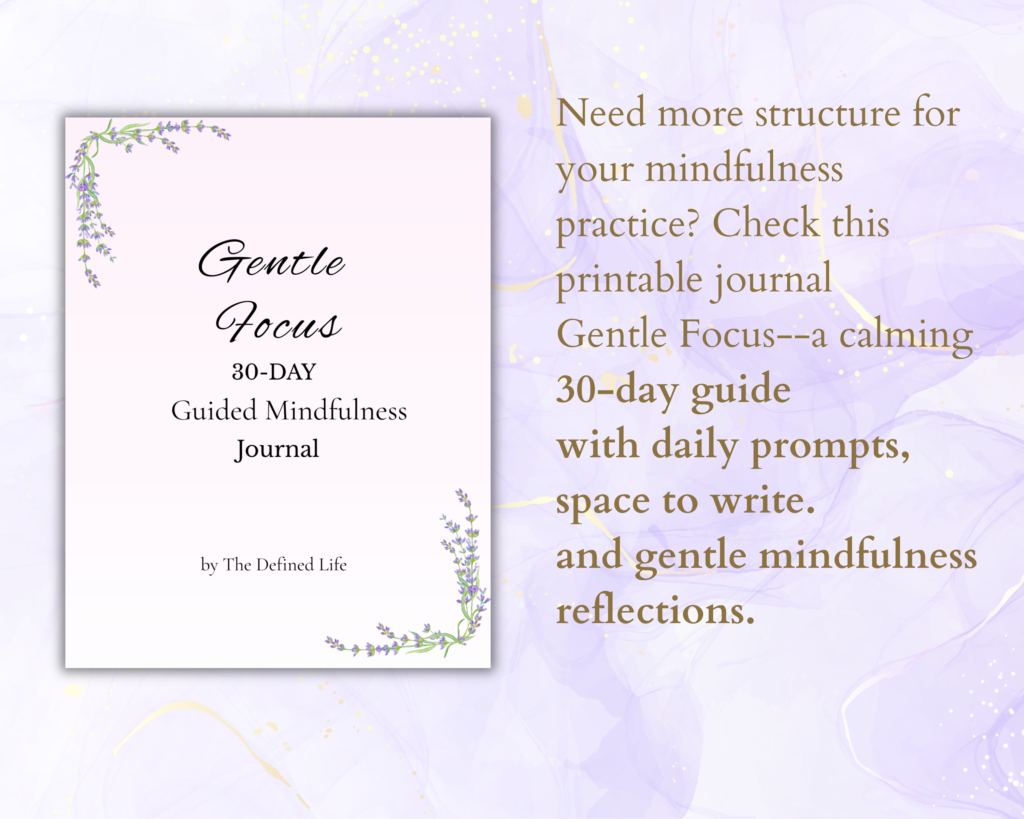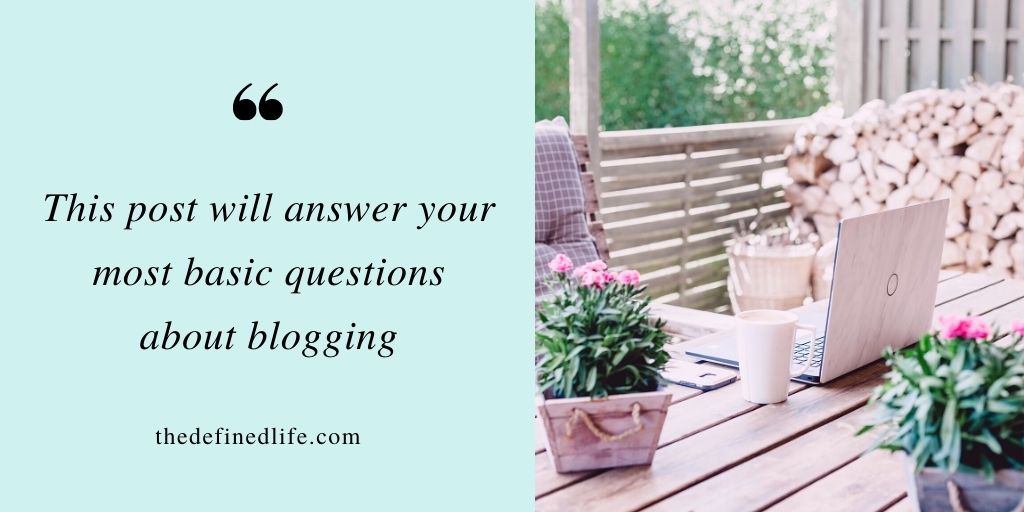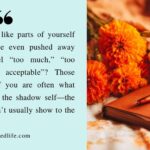
When nothing or no one else is around to hear our thoughts, writing can be a very effective way to cope with difficult emotions and process what’s going on inside.
In this post, I’ll walk you through 10 powerful journaling ideas for mental health that work for me—and they might work for you too. Uncover how these simple practices can help you regulate thoughts, track your experiences, and build peace over time. All of which can support your overall mental wellbeing.
Table of Contents
Why Journaling Supports Mental Health
I’ve shared this in many of my blog posts: journaling feels like a safe, non-judgmental space where our feelings can exist, where emotions can be felt, and where we can simply show up for ourselves.
In a life that often moves too fast, it becomes a quiet corner where your thoughts and experiences are allowed to breathe. You don’t have to perform, explain, or fix anything. You just get to be honest.
Writing things down helps unload what’s been building up inside. It gives shape to emotions that feel heavy or unclear—and turns them into something you can actually work with. You begin to notice patterns, name what matters, and gently let go of what no longer serves you.
Journaling also supports your mental health by:
Helping you manage stress – Instead of carrying it all in your head, you put it on paper. That simple shift can bring so much relief.
Building self-awareness – The more you write, the more clearly you see what you need, what drains you, and what brings you peace.
Creating space for reflection – Even five quiet minutes can help you check in with yourself before the day pulls you in different directions.
Developing rituals of care – Journaling becomes a small, intentional way to show love to your heart and mind.
At its core, journaling isn’t about productivity.It’s about presence.It’s about saying, “This is what I’m feeling. This is where I am right now.”And sometimes, that small act of noticing is exactly what helps us move forward.
10 Journaling Ideas for Mental Health
(That You Can Start Today—No Pressure)
Some days, our minds feel loud. Other days, they just feel heavy.Journaling won’t fix everything, but it can offer something rare and powerful: a safe space to listen to yourself.
These journal ideas are here to meet you where you are.No fancy setup. No need to “get it right.” Just you, your thoughts, and a page that doesn’t judge.
1. Gratitude Journaling
Write down 3–5 things you’re grateful for.
They can be simple—a kind word, a soft blanket, a moment of peace.
Gratitude journaling helps your brain notice what’s safe, steady, or beautiful—even when things feel hard. It’s a quiet way to shift your focus without forcing positivity.
2. Emotion Tracker
At the end of the day, ask:
What did I feel today? When did I feel it?
This helps you notice emotional patterns and understand what affects your mood. Over time, it builds emotional awareness—not just about hard moments, but also about your quiet strength.
If you’re craving a soft, guided space to slow down and reconnect, my Gentle Focus Mindfulness Journal offers 30 days of gentle prompts to help you breathe, reflect, and come home to yourself—one mindful page at a time.
3. Stress Dump (a.k.a. Brain Dumping)
Set a timer for 5 minutes.Write every messy, tangled, anxious thought—uncensored. Get it all out: your to-do list, your worries, that random comment someone made. Write with no structure, just letting those thoughts spill freely onto the page.
4. Letter to Yourself
Write a letter to:
- Your past self who needed comfort
- Your future self who’s still growing
- Or the version of you who feels lost right now
This kind of journaling helps you build compassion toward yourself, one word at a time.This idea can also deeply help when you feel disconnected or uncertain.

5. Mood & Trigger Log
Each day, jot down:
- What lifted your energy
- What drained it
- Who or what helped you feel safe—or didn’t
Over time, this journal becomes a map.
It helps you understand what you need more (or less) of in your routines, relationships, and environment.From these patterns, you can be more intentional about what you allow—or release—in your life.
6. Affirmation Journaling
Pick one kind sentence—something like:
- “I am safe,” “I am enough,” or “I am allowed to rest.”
Then write about how it feels to say it.Is it hard to believe? Does it stir resistance or peace?This gentle reflection can help shift your beliefs over time.
7. Self-Compassion Response
When your inner critic shows up, pause and write:
- “What would I say to a friend who felt like this?”
Write that response as if you were speaking to someone you love. Then read it back—like a reminder to your own heart.You deserve that same tenderness.
8. Daily Reflection Page
Use this simple, grounding format at the end of your day:
- What felt good today?
- What challenged me?
- What do I need more of right now?
It’s a reset button in journal form—one that brings awareness to your emotional rhythm without overthinking.
9. Creative or Junk Journaling
Not all feelings have words.Some come out better as colors, textures, or collage.Use stickers, magazine cutouts, washi tape, or printable pages. Layer them loosely and intuitively—like a visual version of your mood.
You can try a page from Lavender Dreams or Rustic Garden Pages—kits I designed to feel soft, grounding, and reflective.


If you’re curious about starting a creative journaling practice but not sure where to begin,
This post on How to Start a Junk Journal will walk you through the basics in a simple, calming way.
Or explore these Art Journaling Ideas to reflect and create at the same time.You don’t need to be artistic—just open to play.A torn piece of paper, a color that matches your mood, or a single quote is enough to begin.
10. Movie Reflection Journaling
Some films stay with you longer than expected.If one stirred something inside, ask:
- What part moved me?
- Which character felt familiar?
- What themes reflected my life?
This kind of journaling turns screen time into soul time.You’ll be surprised how much a story can teach you about yourself.
📖 Explore more about movie journaling here →
How to Use Journaling Even During Hard Days
There are times when my heart feels heavy that even holding a pen feels difficult.
You might feel numb, restless, overwhelmed—or just tired in a way you can’t explain. On days like that, journaling doesn’t need to be deep or poetic. It just needs to be honest.
Even one word can be a breakthrough.Even a scribble, a tear in the page, or a single sentence like “I don’t know what to say”—that’s still you showing up for yourself. And that matters.
Here are a few ways to journal when it’s hard to find the words:
Write without structure – Let your thoughts spill out, messy and unfiltered. It doesn’t need to make sense.
Start with a feeling – Just name one word: tired, angry, blank, lonely, okay. Then see where it leads.
Use a prompt you’ve answered before – Sometimes familiarity helps. Revisit an old question and notice how your answer has shifted.
Go visual – If writing feels blocked, try art journaling instead. Tear paper, collage, paint, or even tape down a leaf or photo that holds a feeling.
Be kind to yourself – If all you do is open the journal and sit with it, that still counts. You don’t have to force anything.
Your journal isn’t judging your effort.
It’s just waiting to hold whatever you bring—even if it’s just silence, or a sigh, or the courage to turn the page.
Final Thoughts on 10 Journaling Ideas for Mental Health
Allow yourself to explore any of these journaling ideas in a way that feels natural to you.Some days, you might only write one word—or simply circle a feeling. Other days, pages will pour out without warning.
That’s the beauty of journaling: it meets you exactly where you are.You’re not doing it wrong if it feels messy.You’re not behind if you skip a day.You’re showing up—and that’s enough.
There’s no one right way to care for your mental and emotional self.Your journal doesn’t ask for perfection.
It asks for honesty, even in small doses. A quiet check-in. A scribbled thought. A breath on paper.
You might be surprised at how much lighter you feel, even after a single page.
Love and Light,









